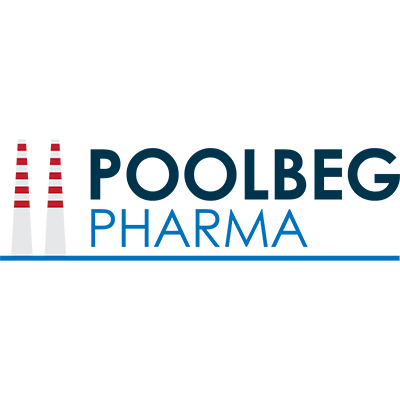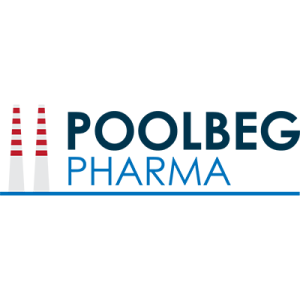The pharmaceutical sector is continuously evolving, with several key patents set to expire in the coming years. To ensure the development of next-generation treatments, companies must stay abreast of the latest trends. Clarivate’s annual Drugs To Watch report highlights new frontiers and significant upcoming developments in the pharmaceutical and biologics markets. This year’s report emphasises themes such as artificial intelligence (AI), gene editing, biosimilars, and real-world data.
AI and machine learning (ML) are revolutionising the drug development pipeline, from lead compound formulation to clinical trial optimisation and pharmacovigilance. AI applications in pharma include identifying promising drug targets, aiding disease diagnosis, repurposing existing drugs, and streamlining clinical trials. The first AI-developed drug candidates are now entering Phase 2 clinical trials, and partnerships like Moderna’s with OpenAI aim to integrate AI across various operations to enhance productivity and safety. Despite the potential, the application of AI in pharma faces regulatory challenges and requires expertise to navigate a rapidly evolving field.
Gene editing has advanced significantly since the CRISPR-Cas9 technology was developed, leading to therapies such as Casgevy for sickle-cell disease and β-thalassemia. This therapy uses CRISPR-Cas9 to switch off faulty adult hemoglobin production and activate fetal hemoglobin. However, the genetic diversity and complexity of diseases pose significant hurdles for gene therapy design, necessitating strategies that account for varied genetic mutations.
Biosimilars, which are near-identical copies of already-licensed biopharmaceuticals, offer a cost-effective alternative to original drugs, potentially increasing patient access. While the adoption of biosimilars like those for Humira has faced economic and regulatory challenges, other drugs like Herceptin have seen significant market share decreases with biosimilar entry. Over time, as familiarity with biosimilars grows, the economic barriers to their adoption are expected to lessen.
Real-world data (RWD) provides insights into drug performance outside clinical settings through sources such as electronic health records and wearable devices. RWD helps inform clinical trial designs, shorten drug development timelines, and support post-market surveillance. Regulatory agencies are increasingly accepting real-world evidence, which can offer more representative data on patient groups often under-represented in clinical trials. AI and ML can enhance the analysis of vast RWD datasets, though challenges related to data quality, access, and patient privacy remain.
These innovations are reshaping the pharmaceutical industry, driving progress, and ensuring the development of future treatments. Key trends to watch in 2024 include the integration of AI in drug development, the expansion of biosimilar use, and the utilisation of real-world data, highlighting the sector’s dynamic nature.
Poolbeg Pharma plc (LON:POLB) is a clinical stage infectious disease pharmaceutical company, with a novel capital light clinical model which enables us to develop multiple products faster and more cost effectively than the traditional biotech model.


